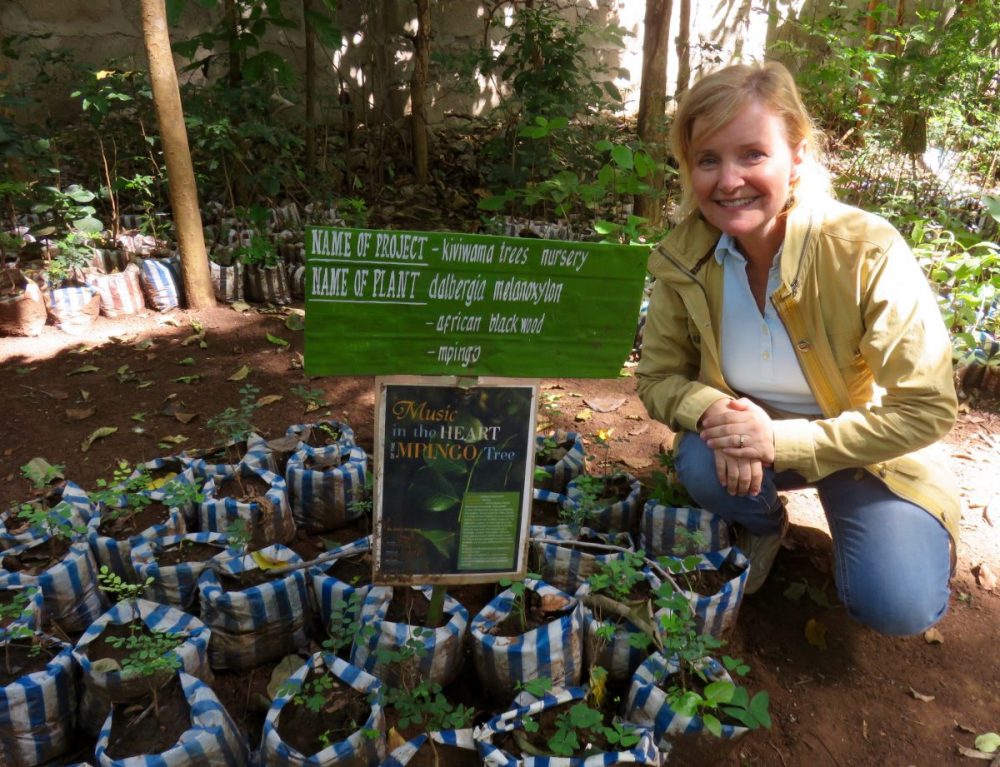
Be a sustainably-minded decision maker before you go
By Lana Olsen, PH.D.
Traveling to volunteer has received a lot of press coverage lately, but unfortunately most of it focuses on the negative impacts of this activity. Critics suggest traveling to volunteer (also known as volunteer tourism or voluntourism) can promote white savior thinking or mismatched projects that are not sustainable. However, it does not have to be this way. To avoid negative consequences related to travel volunteerism, voluntourists should become sustainably-minded decision makers, before finalizing
any commitments to go. Here are four major considerations:
Personality Traits and Motivation
Prior to proceeding with a favorite project, voluntourists should examine what personality traits (www.scientificamerican.com/article/the-big-five/) they possess, and question how these traits might affect a traveling to volunteer setting. How outgoing am I? Am I flexible? Can I be calm if a situation becomes unruly? If you think you are easily stressed by day-to-day living, you might need to examine how you might act if challenged in a foreign context. In addition to understanding your personality traits, you should decipher what is motivating you to go and whether the particular journey is well-aligned with this motive, or whether a different one might be more appropriate. Some popular motives to volunteer outside of one’s community include wanting to experience a new culture, adding to a resume, and giving back to society.
Skill-to-Project Matching
While thoughtfully reflecting on personality traits and motives for going, volunteer tourists should seek organizations that intentionally match volunteers’ skills (www.movingworlds.org) with community projects. This is important to understand, because program-to-skill matched volunteers are likely to be repeat volunteers, which leads to sustainable community impact. In 2017, I spent just over five weeks researching the U.S.-based nonprofit Daraja Music Initiative, that focuses on music and conservation education with select youth from Moshi, Tanzania each summer. This organization, like many others, is a good example of a sending entity that intentionally seeks skilled volunteers to match their community initiative. As a result, not only do multiple, passionate volunteers return each year, deep relational community bonds are formed.
Local Community Collaboration
It is not enough to find a skill-to-project matched opportunity, a pre-trip volunteer should understand how the organization they are voluntouring for works within the local community. For example, who is leading the project? Is it community run, or internationally driven? In addition, is the organization partnering and collaborating with other community organizations and/or international agencies, or working independently to push their own agenda. Collaboration generates knowledge through the process of group interaction and shared problem solving. It is one key concept of sustainability.
Objectives, Measurements and Reports
The traveling volunteer, who is a sustainably-minded decision- maker, looks for organizational projects that have clearly-defined and measurable project objectives, and check to see if past project reports are available for viewing. They want to know, does the organization’s website feature project impacts, and if so, how were they measured? It is important to keep in mind that any project reports or informational updates should include impact stories from community members’ perspectives as well. Once you consider these different elements, you will be in a better position to assess which voluntourism excursion is most appropriate. Sometimes the best option is to stay home and look for other ways to support a community project, such as volunteering online (www. givingway.com) or close to home.
Lana Olsen is a faculty research associate for ASU Center for Sustainable Tourism. She is founder and resource specialist for thetravelingvolunteer.com, with a mission to inform potential and past traveling volunteers about trip preparation, community voice/participation, academic research, volunteer interest stories, news trends, and general tips within the field of national and international volunteer tourism.







